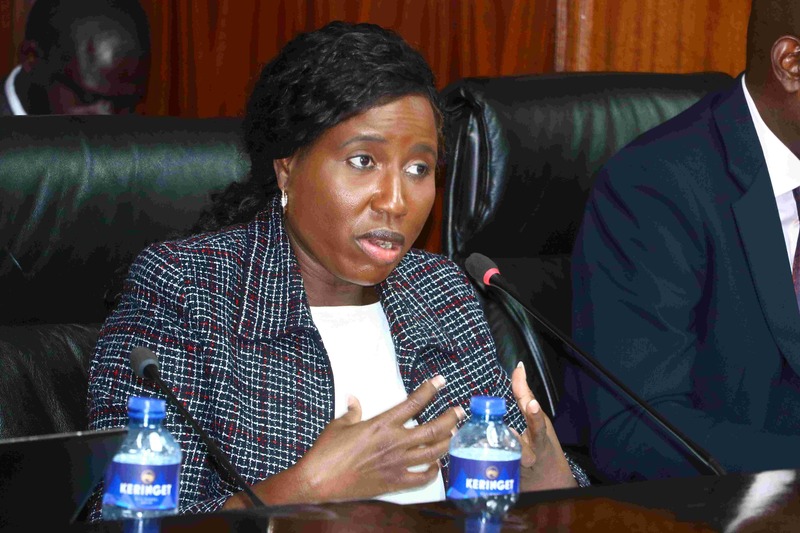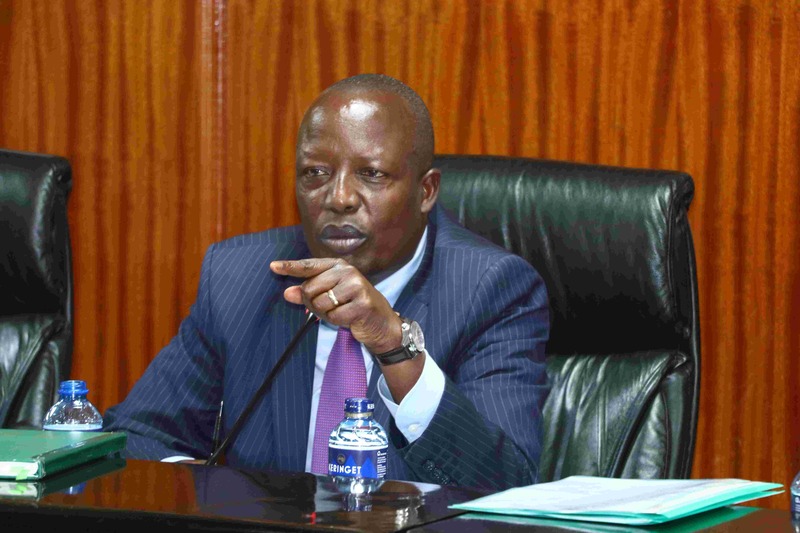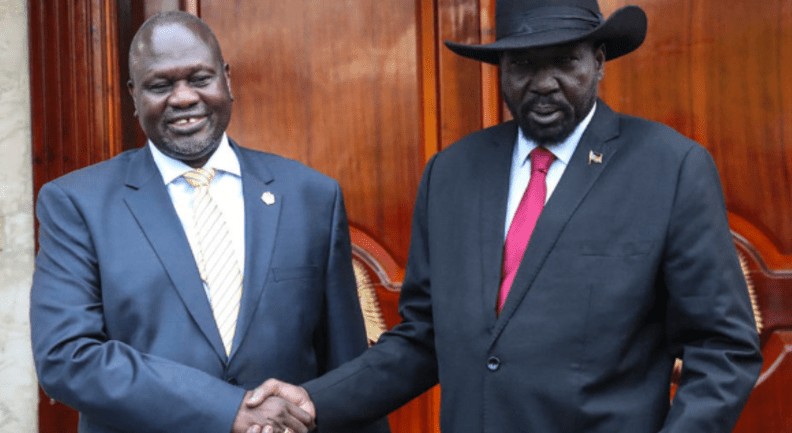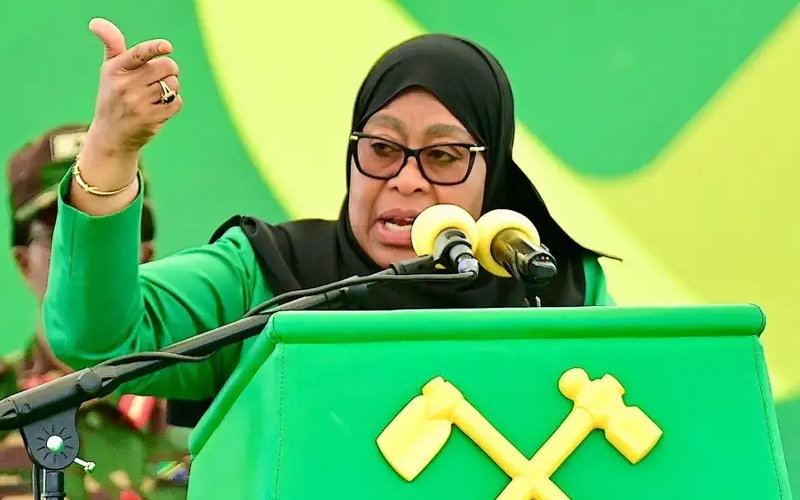Universities to recall admission letters to address school fees issues after uproar

On Tuesday, Tinderet MP Julius Melly, chair of the Committee, highlighted that many parents had reported being unable to send their children to university due to exorbitant fees.
All admission letters sent to students to report to universities by September will be recalled following anomalies in the fees required under the new funding model.
Appearing before the National Assembly Committee on Education on Tuesday, Higher Education Principal Secretary Beatrice Inyangala said the letters will be retracted to address the fee issues.
More To Read
- Kenya appoints Severine Luyali as new Chief of Protocol
- Court told President Ruto not complainant in X post case against David Mokaya
- President Ruto outlines four Raila-inspired pillars to drive Kenya’s growth
- Raila Odinga’s life offers five key lessons to guide Kenya’s future - President Ruto
- Raila was a political engineer, and I was his student- Ruto
- Ruto: I reached out to Raila after 2022 elections to right historical injustices
“I will direct all the universities to withdraw the letters. We will ask the universities to write to the students and indicate clearly that this is the amount that the household is supposed to pay and the rest is going to be supported by the government,” she said.
This comes after the National Assembly Committee on Education on Tuesday recommended the letters be retracted, citing that the fee structures have left many parents unable to afford university education for their children.
On Tuesday, Tinderet MP Julius Melly, chair of the Committee, highlighted that many parents had reported being unable to send their children to university due to exorbitant fees.
The new funding model, introduced by President William Ruto on May 3, 2023, allocates government funding to students through scholarships, loans, and household contributions.
Previously, universities and TVET institutions received block funding from the government in the form of capitation, which was distributed to students as loans and scholarships.
 Tinderet MP Julius Melly, chair of the Committee. (Photo: Justine Ondieki)
Tinderet MP Julius Melly, chair of the Committee. (Photo: Justine Ondieki)
The revised model prioritises a student's financial need, separating placement from funding. It guarantees 100 per cent government funding for students from extremely needy households, while those from less needy backgrounds receive 93 per cent funding, with households expected to contribute seven per cent.
Funding decisions are based on eight parameters: family background, gender, previous school type, educational expenditure, family size and composition, marginalisation, and disability status.
However, recent placements by the Kenya Universities and Colleges Central Placement Service (KUCCPS) showed inflated fee structures, causing confusion and financial strain for parents.
Melly expressed concerns that the unexpected high fees have forced many parents and students to seek cheaper alternatives.
The MP noted that the fee structures have shocked parents and students forcing them to seek alternatives.
Lugari MP Nabii Nabwera shared an instance of a parent who approached him for help, unable to pay the university fees and considering enrolling their child in the National Youth Service (NYS).
Melly warned that many students may never join tertiary institutions due to the unaffordable fees. He urged the ministry to ensure that admission letters clearly state the exact amount families need to pay.
“Withdraw all those letters and have the admission letters with the household fees sent before the students report in September. So before now and maybe one month to come, you need to have settled the matter. It is not about the letter, it is about the fees that have shocked every parent. And all of them are saying, my student will not report because of the high charges,” he said.
In her response, Higher Education Principal Secretary Beatrice Inyangala committed to addressing the issue. “I’m appropriately guided. I will direct all the universities to withdraw the letters. We will ask the universities to write to the students and indicate clearly that this is the amount that the household is supposed to pay and the rest is going to be supported by the government.”
Top Stories Today













































